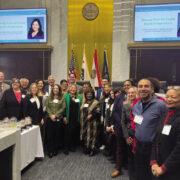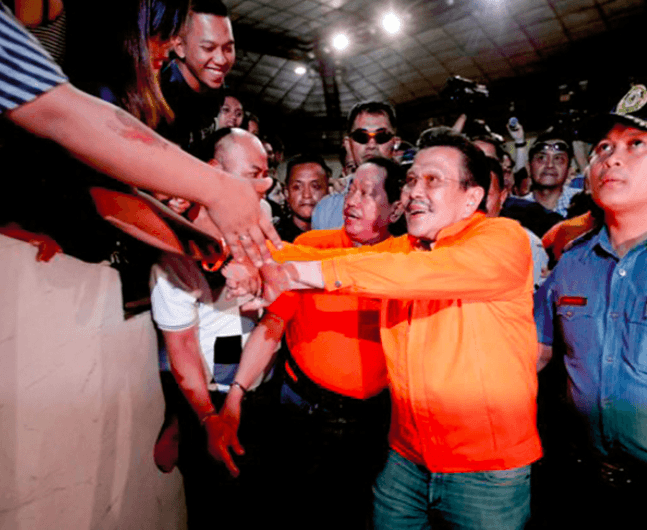A week ago, a whole nation fidgeted while the next installment of political drama unfolded during the May midterm elections.
In any case, what can one really do within the three-layered hiatus from the time one is elected, proclaimed and finally assumed into office?
A campaign combat is many things: a pageant, a carnival, a soap opera — the nation’s most extensive and expensive job interview.
Their office maybe remote from our lives here, where words and pictures are mainly how we get to meet the contenders.
But we’d like to know the candidates as human beings, not merely dispensers of policy.
Election after election, the sorties are alike in the same stage, city after city.
It is simply déjà vu, in its agony and splendor.
Nothing has jerked the jaundiced eyes of the nation into a sudden incredulous force, as is continues to watch the elections closely, with unbridled enthusiasm, investment and curiosity — perhaps even with anger and disagreement.
The candidates’ jaded appetite for campaign combat (given their angry reactions to mutual pig sty politics which feed tawdry headlines or particularly unflattering stories) are far from genteel tones.
Humiliating and outrageous accusations for the incumbent and opponent seem to be standard practice.
The languishing lament is that in politics (Philippine-style), ruining people is considered a sport — combative to the hilt.
Campaigning was a sweating that every candidate had to go through.
Yet candidates survive and endure the pounding of a bruising campaign. Opponents, loaded with money, could grind any poor one to dust.
There are those out to prove that beyond the pale promise of good jobs and an effective government which delivers basic services, they can open a gate on the wall.
Some provide options and the mechanics of compromise as they reasoned, charmed and slightly aggravated — getting their share of votes on election day.
Everywhere, they went they consoled, soothed, sang, danced, promised and smothered people with hugs, even in a neighborhood of slop and spittle, and wooden planks — where the personal miseries from one shanty to another were bonded together like a chair.
They smelled rotten garbage, witnessed drunken violence amid the desolation and saw tables without food.
No place was sacred when it came to wooing votes. In the more opulent villages among their wealthy neighbors of old money, they savored champagne and caviar.
Some of the younger candidates merely outscreamed each other with their clumsy remarks, which came thudding on the floor.
A huge lure are movie stars and their celebrity status. Former President Joseph Estrada, the last tinseltown personality to reach the apex, made the leap from screen stardom, to the presidency.
His years of achievement changes, though, remains instructive and cautionary.
The Manileños, who delight in feisty, political brawls, were instead lured, seduced and tantalized by his obviously unwaning movie star charisma.
Think of the underdog Asiong Salonga ditching Dirty Harry Alfredo Lim.
For 2nd generation senators-elect, who glisten with Vitamin B and pasteurized milk, they capitalized on their biggest assets — their vigor which contrasted with the sclerotic dunk of older candidates, who trailed behind.
The 18-34 age bracket of young, professional registered voters promised more intellectual choices.
Elected officials all over the archipelago were 12 senators, 229 members of the House of Representative, 80 provincial Governors, 80 Vice Governors, 138 city mayors, 138 vice mayors, 1,532 members of the city council, 1,496 town or municipal mayors, 1,496 vice mayors and 11,972 member of the municipal council.
Elected officials were surrounded by their immediate families, extended families, close friends, confidants.
All that emotion, hollering and shouting, the hugging and the bawl — there was a lot of recapitulating and shaking of hands, laughter and thank yous to everyone, who put a lot of work on the campaigns and shone above others.
The morning after the election, the overwhelming feeling was not brought about by winning, but by not having lost.
That was happiness!





